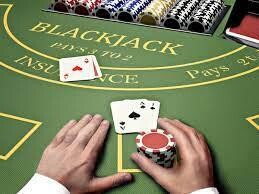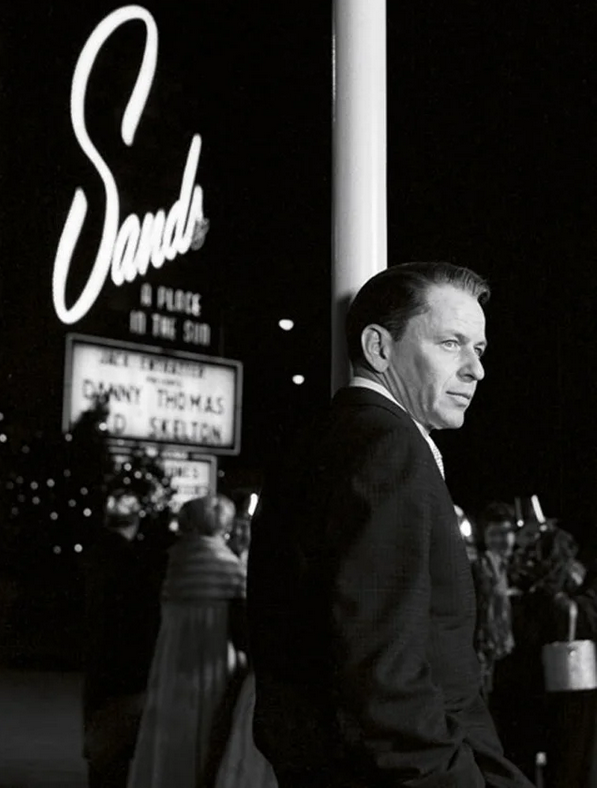Set in New York, Axel Freed (played by James Caan) is English Professor be day and compulsive gambler by night. The movie is set in the midst of attempting to sustain these parallel lives. After a big sports betting loss Freed borrows money from his Mother, but then uses this bail out to sink yet further into his addiction. As the losses pile up, the loan sharks’ patience begins to come to an end.
Starring eternal ladies man Warren Beatty as well as Susannah York and Clive Revill, Kaleidoscope centres around a cardsharp’s accepted mission to trap a drugs baron to avoid serving a jail term. In what he feels is a genius move he breaks into a playing card factory with the plan of marking and hence recognising them later, but all doesn’t go to plan as his girlfriends father (a Scotland Yard detective) find out about the scheme, opting to blackmail him into going along with a plan of their own.

The most desirable aspect of blackjack is the simplicity of its rules. However, it’s important to note that despite various variants in the different types of blackjack, specific elements and regulations of the game could also vary from one casino to the other. For instance, while one casino may use eight decks, the other might use four decks.
Let loose and have a blast playing blackjack NetBet online slots. Classic themed slot machines include a sportsbook, casino roulette, slots, video poker and instant games. No complex signups to get in your way. Also you might visit a casino where the dealer is supposed to hit, whereas, in the other, the dealer is required to stand on soft 17. It is therefore vital to have an idea of the variations in rules before proceeding to play.
In addition, rule variation can impact what you do in certain situations and thus affect the strategy you plan to deploy. However, it is essential to know that these variations do not affect the way the game is played. Familiarising yourself with the variations in the rules does not hurt but instead gives you an upper hand to switch strategies effectively.
First of all, we discuss the rules that vary between the blackjack’s variants and at different casinos such as Casimba.com. The first rule is the number of decks. A lot of blackjack variants make use of multiple decks, which varies from two to eight. Even though the single deck blackjack exists, it is not offered in many casinos because it has a low house edge, making counting cards easier. House edge increases with the number of decks as long as other rules remain the same.
Another rule that varies typically is the dealer’s soft 17. Usually, a dealer ought to stand when they have a soft 17. However, in some variants of the blackjack, they are at liberty to hit past that. Although by a mere 0.2% the house edge is increased for the latter.
The third rule is the Doubling rule. Some variants limit the doubling of players to only one hand, thus disadvantaging the player as this eliminates excellent chances to double. House edge can be increased as much as 0.18% depending on the restriction placed on when the player can fold. This is then compared to when a player can double with any hand that is starting hand.
Doubling after Split is also one of the rules that generally vary. In some games, a player is allowed to double after splitting; however, this is not allowed in other variants of the game. Being allowed to double after splitting is an added advantage to the player, and thus they cannot the house edge is increased by roughly 0.15%.
Resplitting is a rule that is not allowed in all variants of the blackjack game. Resplitting after a split can be very advantageous to a player in the right and most suitable time; thus, if Resplitting is not allowed, the house edge increases by approximately 0.1%.
The following rule is surrendering. This is where a player decides to lose their hand at the cost of their halved stake after a deal. However, this is usually the most sensible thing to do in a limited number of situations. Hence the advantage offered by this rule to a player is minimal, and thus house edge is still impacted. The effect depends typically on the different guidelines on the various circumstances in which a player can surrender.
Dealer pick is a situation where the dealer confirms for blackjack whether their exposed card is either an ace or a ten. If it is confirmed that it is blackjack, then the hand ends. This rule gives the player an upper hand. It is sometimes more favourable to double or maybe split against a ten or an ace. However, these will permanently lose if the dealer possesses a blackjack. If the player finds out beforehand that the dealer has a blackjack, he is prevented from incurring losses. This rule has an impact on the house edge, reducing it by 0.1%.
The last rule that typically varies is the payout for a blackjack. In some casinos, the management minimizes payout for the blackjack player. However, this is very rare, and it is only performed in blackjack games, mostly when most of the rules favour the player. The house edge will be increased by over 1% if a reduced payout of 6:5 is deployed.





